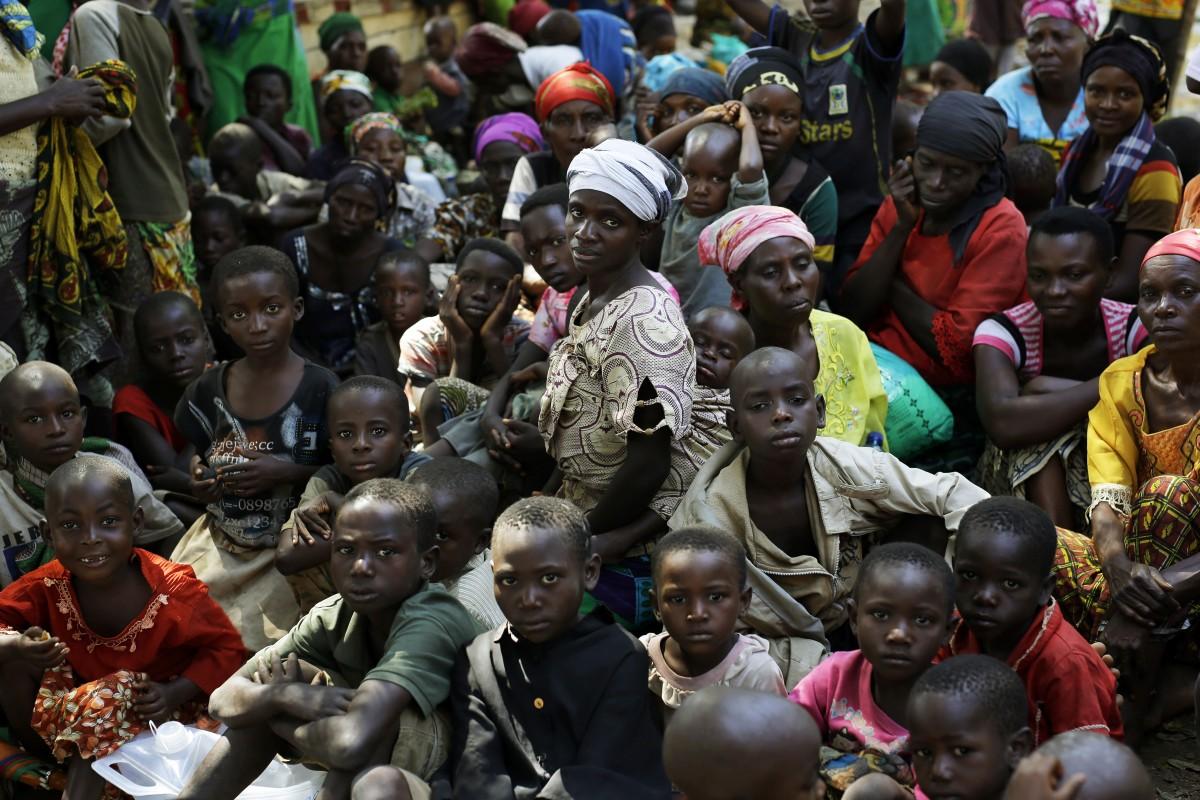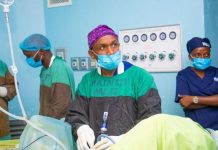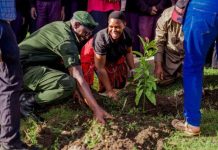Africa-Press – Tanzania. THE government has asked the international community to consider providing support to ‘Burundian refugees of 1972,’ who are currently hosted in 73 villages in Kigoma region.
Thousands of Burundian refugees who fled their homeland in 1972 were given a choice by Tanzanian government to either become repatriated or apply for citizenship and finally become naturalized.
The Director of Refugees Services Department in the Ministry of Home Affairs, Mr Sudi Mwakibasi said that, currently more funding is directed to refugees who live in camps, but it should be also noted that, Kigoma region has 73 villages which are hosting the ‘1972 Burundian refugees.’
“The refugees in these areas are facing a number of challenges among others, poor health services and education, we request donors as they plan for refugees packages that they should also consider those, who live outside the camps because they are still refugees,” Mr Mwakibasi said recently during a joint media briefing by six ambassadors from four European Union countries including UK and Switzerland.
The envoys held the media briefing on Thursday as they winded up their tour of Nduta, Mtendeli and Nyarugusu refugee camps in Kigoma region.
They were Peter Van Acker (Belgium) Mette Norgaad, (Denmark) Regine Hess (Germany), Jeroen Verheul (Netherlands) David Noncar(UK) and Didier Chassot (Swiss Confederation).
He, further, asked the donors to increase funding to enable the government and the UN Refuge Agency (UNHCR) to continue providing services to the refugees.
On his part, UNHCR Representative Mr Antonio Canhandula said durable solutions for refugees are coming from different forms, but the most important and better solutions for them is the opportunity to go back to their country of origin.
He said settling in the country of asylum is also a solution, but it is guided by laws of the host country.
“As you know in this country a good part of ‘1972 Burundian refugees’ have been given naturalization status, however, that solution is not enough to solve the problems of refugees,” he said.
He said resettlement is part of addressing a problem, adding: “It doesn’t take many people…Tanzania has not shown any tiredness of receiving refugees, but it simply saying being refuges for ever is not a solution.”
Commenting on the funding gap, Mr Canhandula said that it has human impact on food, education, health, shelter and services provided to the refugees.
“The food that is being given to refugees is 60 per cent of the normal food ration that every family gets… this has impact particularly on children, who can get malnutrition,” he said.
Equally, the UNHCR Representative noted that on education, the funding gap has made them fail to provide enough materials to children, particularly uniforms, school books and desks they need.
Mr Canhandula also said that, provision of firewood has been a problem as the agency provides domestic energy to only the most vulnerable people, leaving others to go out to fetch for them and as a result expose them to many risks such as violence.
Speaking on behalf of other envoys, Belgium Ambassador to Tanzania Peter Van Acker said that during their visit, they learnt that urban centres surrounding the camps such as Kakonko, Kasulu and Kigoma have improved especially in terms of infrastructure.
“We should acknowledge that this is partly due to companies and organizations that provide services to the refugees’ camps being close,” he said.
Tanzania currently hosts 260,394 refugees and asylum seekers mainly from Burundi and DR Congo. Some 85 per cent of the refugees in Tanzania live in Nduta, Mtendeli and Nyarugusu camps.







